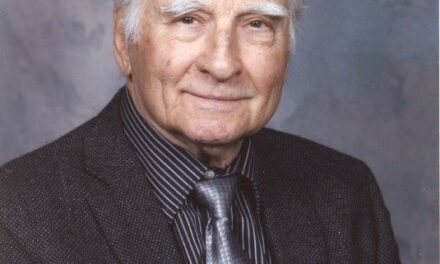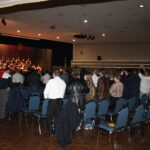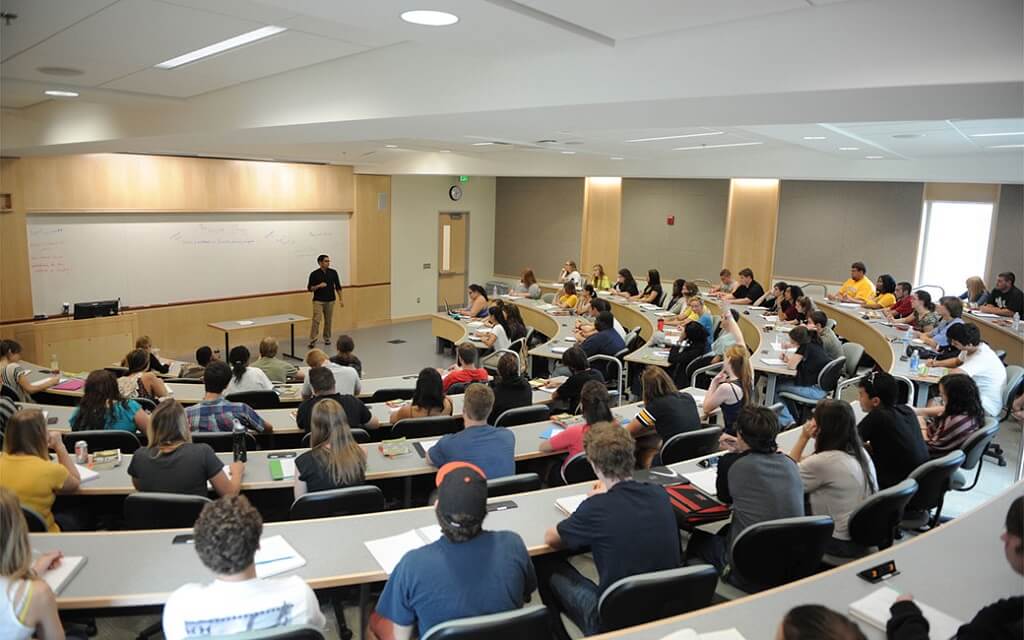Daniel Bartchouk, Kingston, ON.
Throughout many universities across the province, especially within the Humanities related subjects, many students are telling their academic superiors what they want to hear. This is a problem, as it opposes the Socratic method of exploratory education a large part of the Humanities faculty functions by.
The academic superiors, already in a position of power, continue to funnel their ideologies, opinions, and beliefs year after year with no threat of student opposition wanting to risk their grades. What kind of learning process do we call this?
During a seminar discussion, a student admitted that if confronted with the opportunity to reflect the biases of their superiors in an assignment, they would conform for the benefit in academic grade. This honest revelation inspired a majority of other students to admit having done so at least once, and to say that they were not opposed to doing it again.
The professor, while astounded at the fact, acknowledged that his own political biases had then probably influenced his students before. It was likely many had caught on, hoping to formulate persuasive arguments in favour of the professor’s own opinions, or known which subjects to avoid so as not to risk damaging their mark.
This shared insight to the personal work processes of the majority of students in that room is not something limited to that one class in particular. When the issue was casually pressed on fellow students from other classes and disciplines, the same response was received— a confession of conforming to their evaluators views as not to risk affecting their grade, or for scoring a better one.
This mostly applies within the Arts and Humanities courses, where many grades are evaluated on the quality of your ideas, opinions, or intellectual insights. A problem arises when those particular insights are disagreeable to the person who decides what mark to give you.
Students are telling their professors what they want to hear in order to score higher marks. Or, avoiding any biased deductions if their views happen to oppose the professors. It’s not a radical statement, and perfectly understandable. Why would someone damage their GPA to make a point, and what good are one’s own principles and beliefs if a potential career is at risk?
People hoping to score higher grades observe the remarks of their professors and regurgitate them back onto the paper. Sometimes they guess what the professor might want to hear based on the course content, how it’s presented, spoken about, etc., and that may be enough to get them in the vicinity of “acceptable ideas”.
However, that’s not learning; it’s imitation, and rejection of individual thought. As Orwell said; “If liberty means anything at all, it means the right to tell people what they don’t want to hear”. That’s why he’s still remembered today.
At the least, a paid education is the opportunity to challenge other ideas and have your own ideas challenged. That’s not to say there aren’t people who do so, but there are a percentage that don’t. People have the freedom to say what they’d like, and should not have to risk being academically penalized for it. Remember, you’re paying to be there.
So how can one project their honest views in their assignments for the sake of education without the threat of discouragement or a low grade because they don’t share the same beliefs as the graduate student or professor marking their paper?
We’re all biased. It’s how we’re built. The most likely solutions are a general awareness amongst the students and academic faculty about this issue and the right for a student to refute a mark believed to be biased, with a rational evidence-based explanation of the mistakes that landed them the mark by the evaluator. It’s difficult to enforce non-biased perspective in the evaluation, so it is best for academic superiors to stay neutral in political and personal views when considering the evaluations of the students.
Though there is not much practical application in preventing the academic superiors external biases from influencing ones grades, at the end of the day, maybe it’s just the GPA that matters to most. Students should write with the same attitude an academic superior should have in correcting the mistakes in their work. We just have to be very careful what we consider mistakes, and not redirect negative percentages because of controversial or unpopular opinions within the work.
As a student, present what you believe to be true in your work – even if it may be wrong.
Daniel Bartchouk is the winner of Ukrainian Credit Union Limited’s 2018 New Pathway Fellowship
Share on Social Media




































